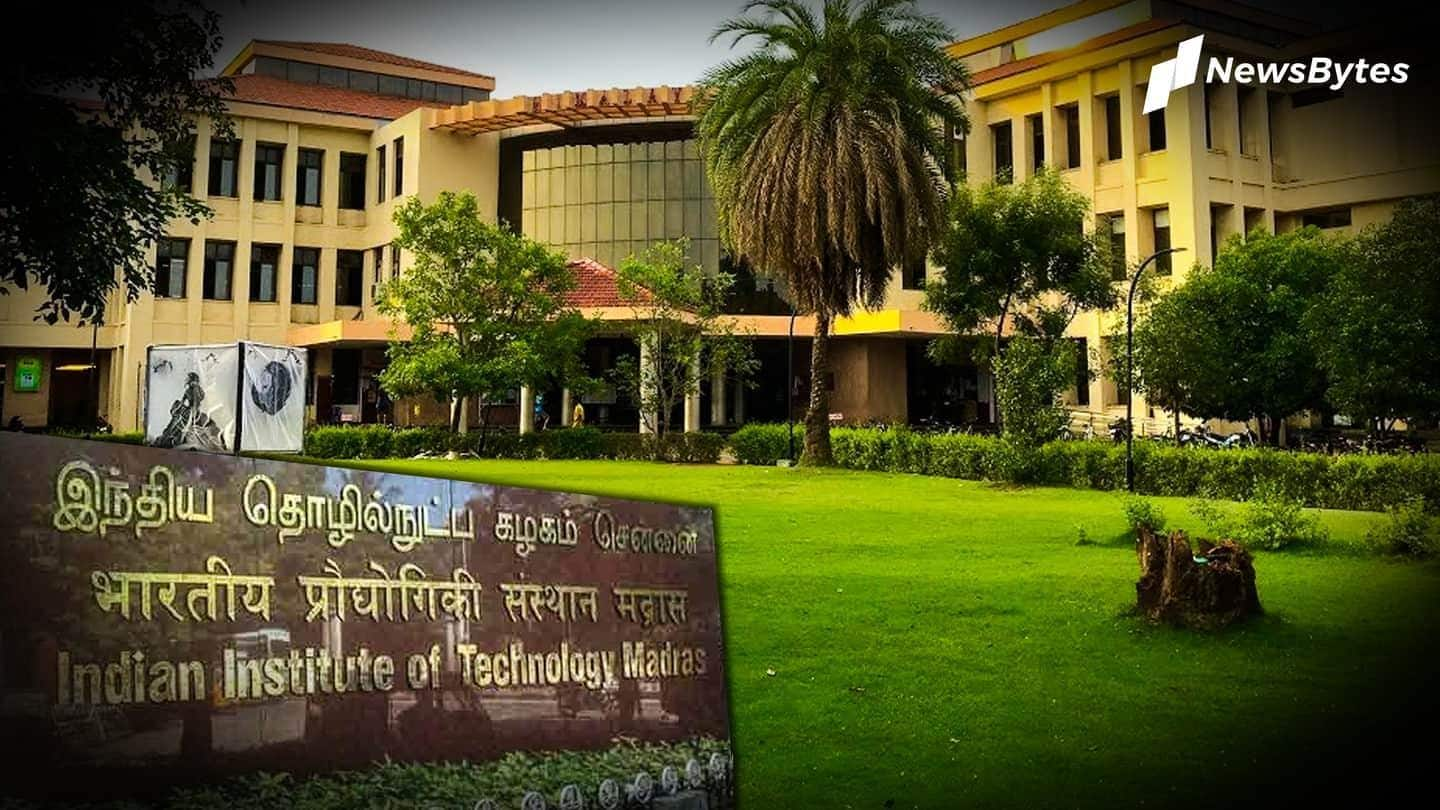
New MA courses offered by IIT Madras: Check details here
What's the story
The Indian Institute of Technology, Madras (IIT-M) has introduced three new Master of Arts (MA) programs in Development Studies, English, and Economics.
Each stream will have 25 seats for Indian students and the admissions for these programs will be offered from the 2023 academic session.
Notably, the institute already offers five-year integrated MA programs in English and Development Studies.
Details
When will the application process start?
The application process for the admissions to the new MA program will start in March-April 2023 and classes will begin in July 2023.
Instead of the existing Humanities and Social Sciences Entrance Examination (HSEE), admission to the two-year MA programs will be made on the basis of a soon-to-be-announced entrance examination.
Foreign students will also be given admission to these on a supernumerary basis.
Quote
'Restructuring is done to make the courses more accessible'
IIT-M Director V Kamakoti said restructuring has been done to make the MA program "accessible to more students who have completed their [bachelor's] degrees from multiple disciplines spreading across humanities, science, commerce, engineering, etc."
"Such type of a humanities and social science exposure is very much needed for the next generations of students to face and address different challenges posed by the modern world."
Quote
'New avenues of placement and employability'
"This expanded list of MA programs will open up new avenues of placement and employability as the students will be trained as domain specific experts with international readiness and national focus," Kamakoti further said.
Programs
What will be the unique aspects of the new courses?
IIT-M said the unique aspects of the new courses include "evidence-based policy analyses, role of technology in shaping socio-economic development, data science and governance, engagement with contemporary issues such as climate change, sustainability, urbanization, among others."
Their curriculum will include contemporary subjects like Economics of Innovation, Technology and Policy, Health Policy, Urban Planning and Development, Environmental Humanities, Climate Economics, and Computational Linguistics.